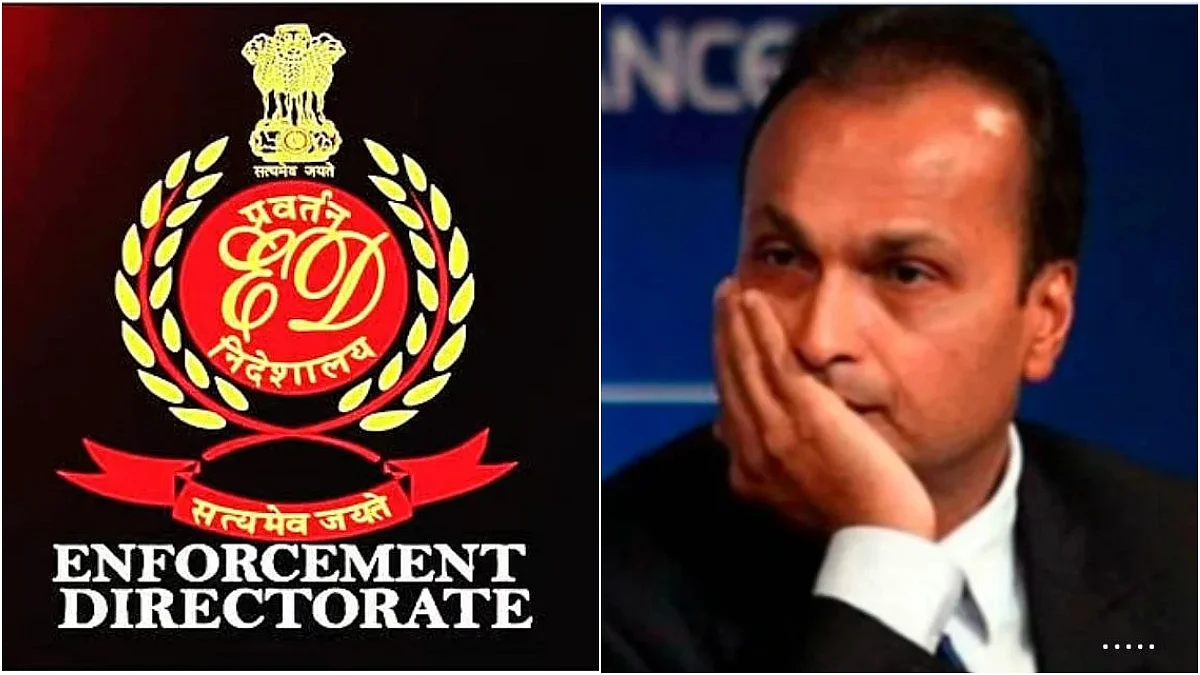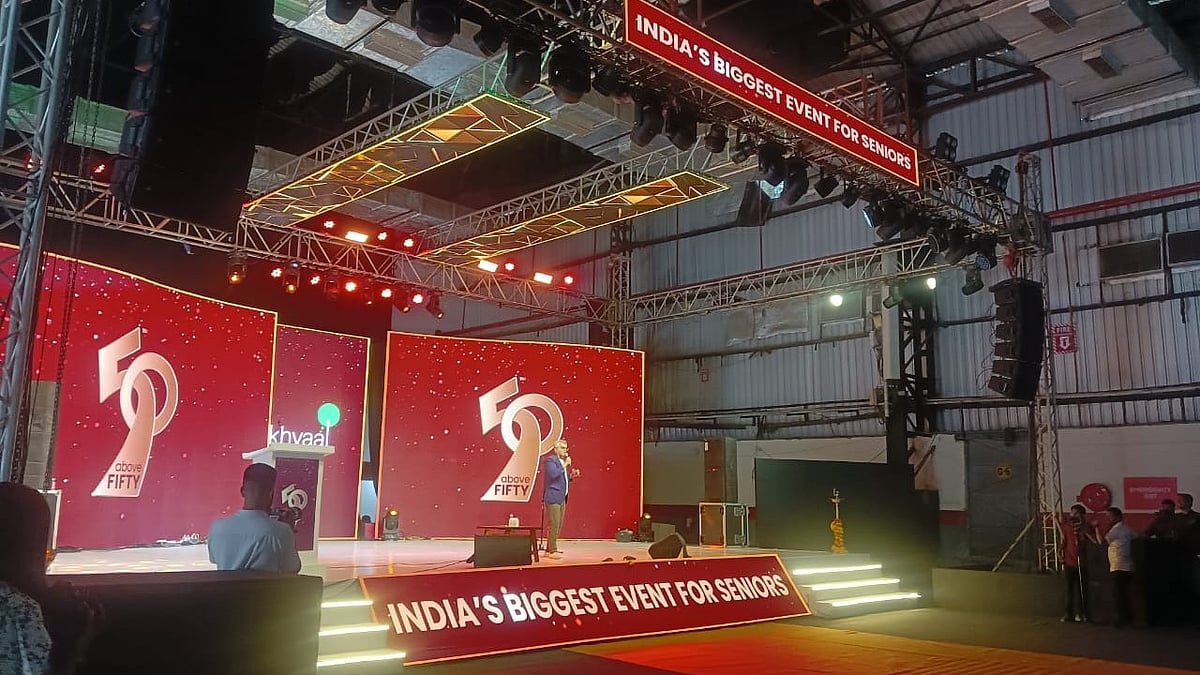Mumbai: Activists have demanded a thorough inspection of flood preparedness on the Metro-3 route after Worli Metro Station was flooded following heavy rains on Monday morning. They also alleged that the recent flooding is not merely an isolated lapse but an indication of deeper, systematic issues, as Mumbai Metro Rail Corporation Ltd (MMRCL) has undertaken its operations without preparing for extreme weather events.
While water-logging after Monday’s heavy rains disrupted suburban trains and slowed road traffic, it also exposed the vulnerabilities of Mumbai’s newly operational underground Metro 3, known as the Aqua Line. The station was flooded with knee-deep water following the downpour, prompting authorities to shut it down temporarily and evacuate staff.
Following the incident, activists from the Watchdog Foundation have written to the commissioner of railway safety demanding that it initiate a comprehensive and independent inspection of the entire Metro-3 underground route to assess its flood preparedness. It also demanded recommendations for necessary remedial measures to ensure public safety in the event of future flooding incidents.
Activists Raise Concerns Regarding MMRCL's Draft Project Report
The activists raised concerns regarding MMRCL’s draft project report, which claimed the implementation of robust flood mitigation mechanisms. They alleged that MMRCL appears to have undertaken Metro-3 operations without adequately studying or replicating such best practices, or properly preparing for extreme weather events that are becoming more frequent due to climate change. They added that the recent flooding incident at Worli is not merely an isolated lapse but indicative of deeper systemic issues that demand urgent attention.

“The flooding incident has not only raised serious questions about the integrity and preparedness of the system but also underscored a broader systemic failure in prioritizing public safety over political expediency. Passengers would now be afraid of travelling in the underground metro during heavy downpour, which will affect the metro ridership,” said Godfrey Pimenta, trustee of Watchdog Foundation.
The activists also drew a comparison with Japan’s Tokyo, where, despite having one of the world’s most advanced and extensive underground metro networks, vulnerabilities to flooding persist, particularly during heavy rains. They added that Tokyo’s commitment to safeguarding its citizens includes the construction of a massive underground discharge channel that diverts excess floodwater to the Edogawa River, thereby mitigating widespread flooding.





.jpg)




